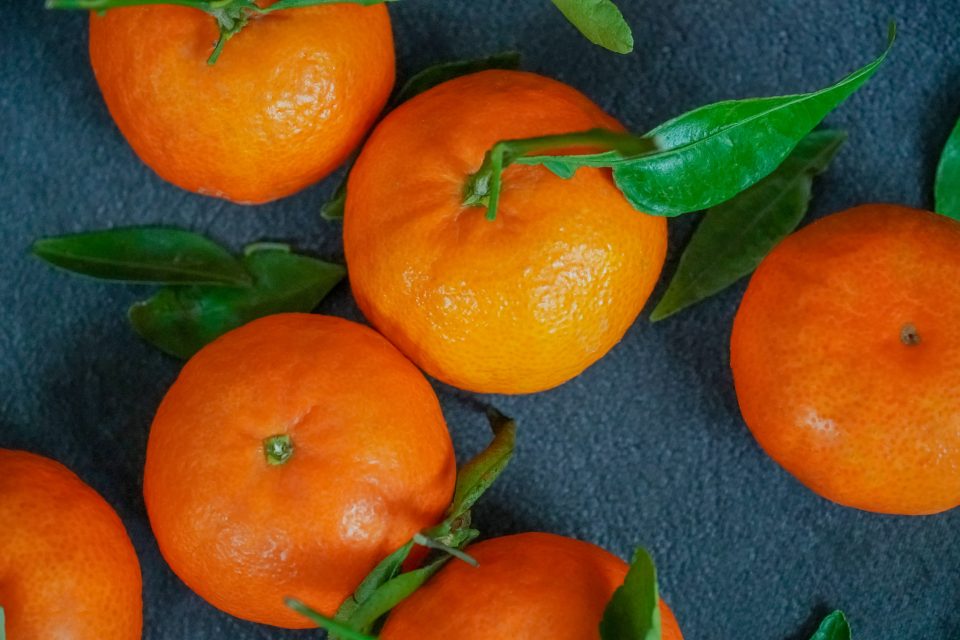Chinese New Year is usually celebrated with a variety of delicious dishes. Not only do they taste amazing, these specialty foods are also believed to symbolise good luck.
Here are 10 Chinese New Year foods that bring good luck, as reported by Taste of Home.
- Dumplings
Dumplings are snacks that are always available during Chinese New Year celebrations. According to ancient legend, the number of dumplings eaten during Chinese New Year is a prediction of the amount of money that will be made in the coming year.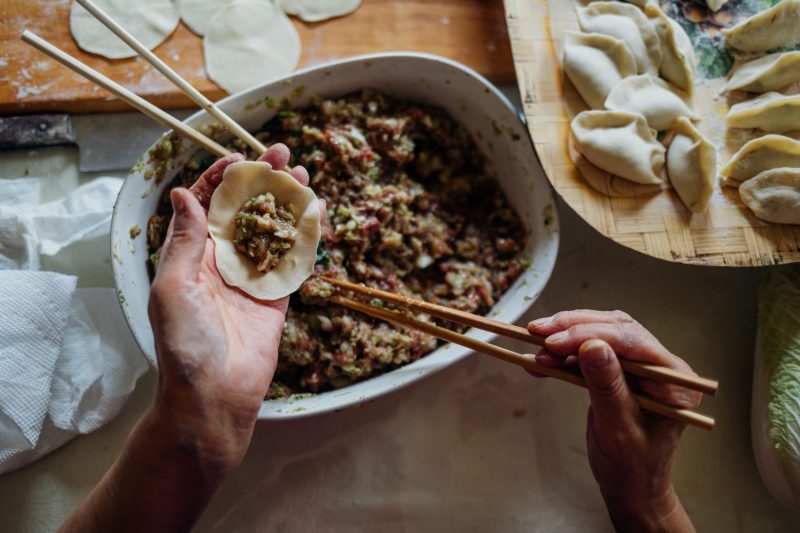
The most common dumpling filling is pork. This snack can be steamed or fried and can also be filled with shrimp, chicken, or vegetables.
- Tray of togetherness
Shared trays are food containers that are divided into six to eight servings. The contents of the togetherness tray include dried fruit, nuts, and candy. The togetherness tray served during Chinese New Year symbolises family peace and harmony.
- Longevity noodles
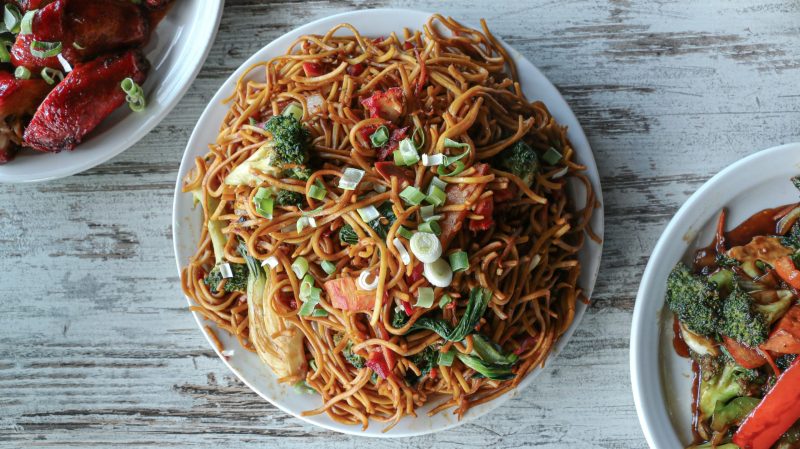
The longer the noodles are, the luckier the person who eats them will be. That is why this dish must be eaten carefully so that the shape is not damaged. If the shape of the noodles are short or they are accidentally cut while cooking, this would symbolise bad luck and short life.
- Tang yuan
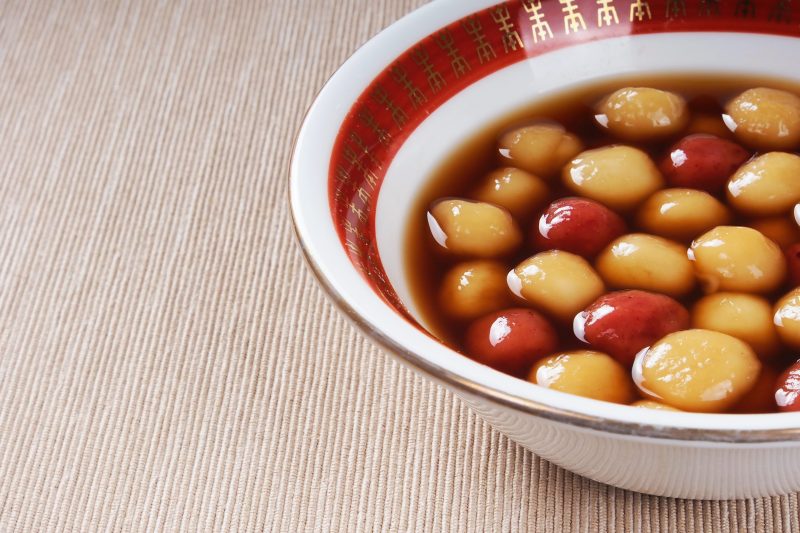
Sweet rice balls have a round shape that signifies unity. This dish also symbolises family harmony and togetherness. This is because the pronunciation of tang yuan sounds like “reunion”.
- Mandarin oranges
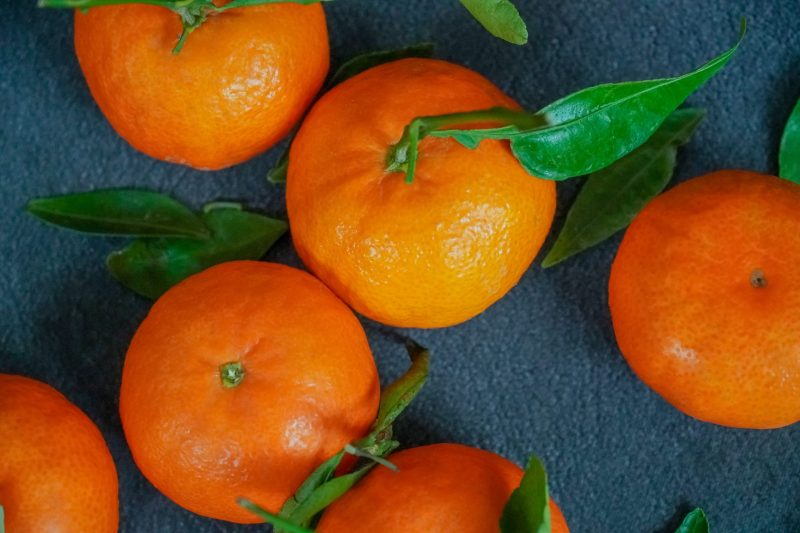
Mandarin oranges are a fruit that is believed to bring good luck and happiness when served on Chinese New Year. The shiny mandarin orange colour is also said to symbolise prosperity for those who receive it.
- Cake basket
Year cake, also known as basket cake, is a dessert that symbolises good luck. This cake is made from glutinous rice flour and was originally served only during ritual ceremonies. However, nowadays, basket cakes are generally served during Chinese New Year. Basket cakes, or nian gao, are also believed to bring better health, wealth, and happiness.
- Fish
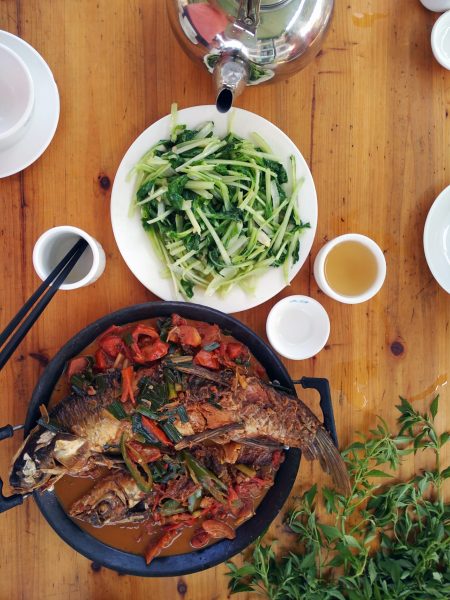
The fish in question is steamed fish. If you serve steamed fish during Chinese New Year, the dish is believed to bring success in the coming 12 months because the pronunciation of fish in mandarin has the same meaning as abundance.
- Eight treasures rice pudding
A dish that is often available during Chinese New Year is eight treasure rice or eight treasure rice pudding. This dish is made of glutinous rice and is garnished with eight “treasures” including whole grains, nuts, and fruit, such as prunes, jackfruit, and raisins.
Eight is believed to be a lucky number in Chinese culture. The sweet food served on Chinese New Year also symbolises sweetness for next year.
- Spring rolls
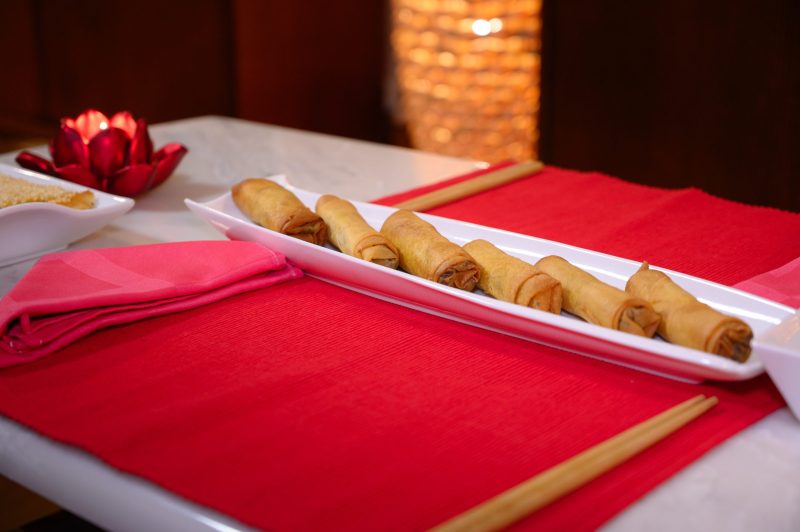
Another Chinese food that symbolises good luck is spring rolls. The colour of spring rolls, which resemble golden bars, is said to bring wealth and good luck. Spring rolls for Chinese New Year are usually filled with various food ingredients, such as pork, bean sprouts, grated carrots, and cabbage.
- Prosperity cake
Lastly, there is the prosperity cake, or fa gao, made from steamed rice flour. According to Chinese tradition, the larger the top part of the prosperity cake, the luckier the person who eats it will be.
Fa gao itself translates to “prosperity cake.” So it’s no surprise that this snack is popular during Chinese New Year.




